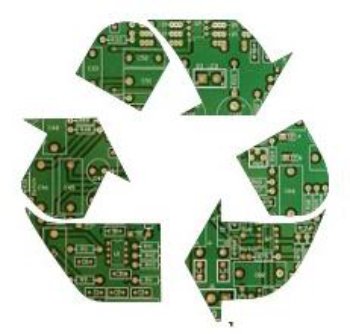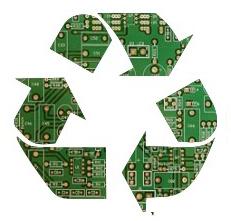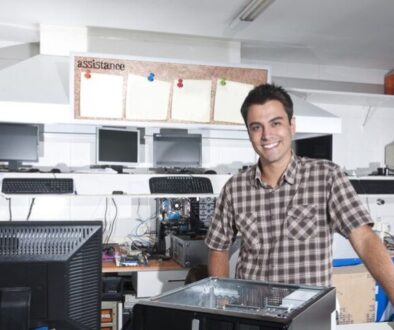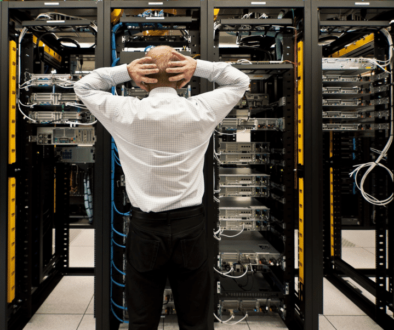Computer Refurbishing Vs. Recycling
At Greentec Systems we get the question regarding what the distinction is between refurbishing and recycling all the time. We thought we write a quick article explaining the differences. Refurbishing means reusing a computer, server, disk array or other networking . Recycling means destroying the computer and then environmentally recycling its constituent materials.
Refurbishing is preferable to recycling. This sequence describes the ideal lifecycle of the typical computer:
- Purchase the new computer
- After several years of use, donate the computer for refurbishing
- Recycle the computer only when it is truly obsolete or broken beyond repair
Unfortunately the typical progression is like this:
- Purchase the new computer
- After several years of use, recycle the computer – whether or not it’s obsolete or broken beyond repair
or
- After several years of use, throw the computer into the trash – whether or not it’s obsolete or broken beyond repair
Retail store, computer vendor and local recycling trade-in or recycling programs rarely refurbish! They simply recycle because refurbishing requires labor. It costs money. Refurbished machines cannot be sold at high enough prices to cover these costs. Charitable organizations like Free Geek don’t face this quandary because they use volunteer labor.
Many recyclers address their labor costs by shipping used electronics overseas. There overseas operators either refurbish or recycle the equipment. Often the goal is to avoid American environmental and labor health and safety laws. Thus has evolved what is termed the toxic trade, by which used electronics go overseas for dismantling in unsafe conditions or for open-air incineration [3]. (Burning a computer is the cheapest way to separate valuable metals from the worthless plastics. It’s also highly pollutive.)
Environmentalists and labor activists argue that the United States should ban overseas shipping of used electronics [10]. Some vendors and for-profit recyclers respond that overseas companies provide much needed jobs and operate within local environmental and safety standards [11]. In actuality, no one really knows what happens to most exported equipment. There is no oversight. What we do know is that overseas abuses are routine and have been documented by many sources including 60 Minutes, NPR, BBC World News, PBS Frontline, Huffingtonpost and CNN






